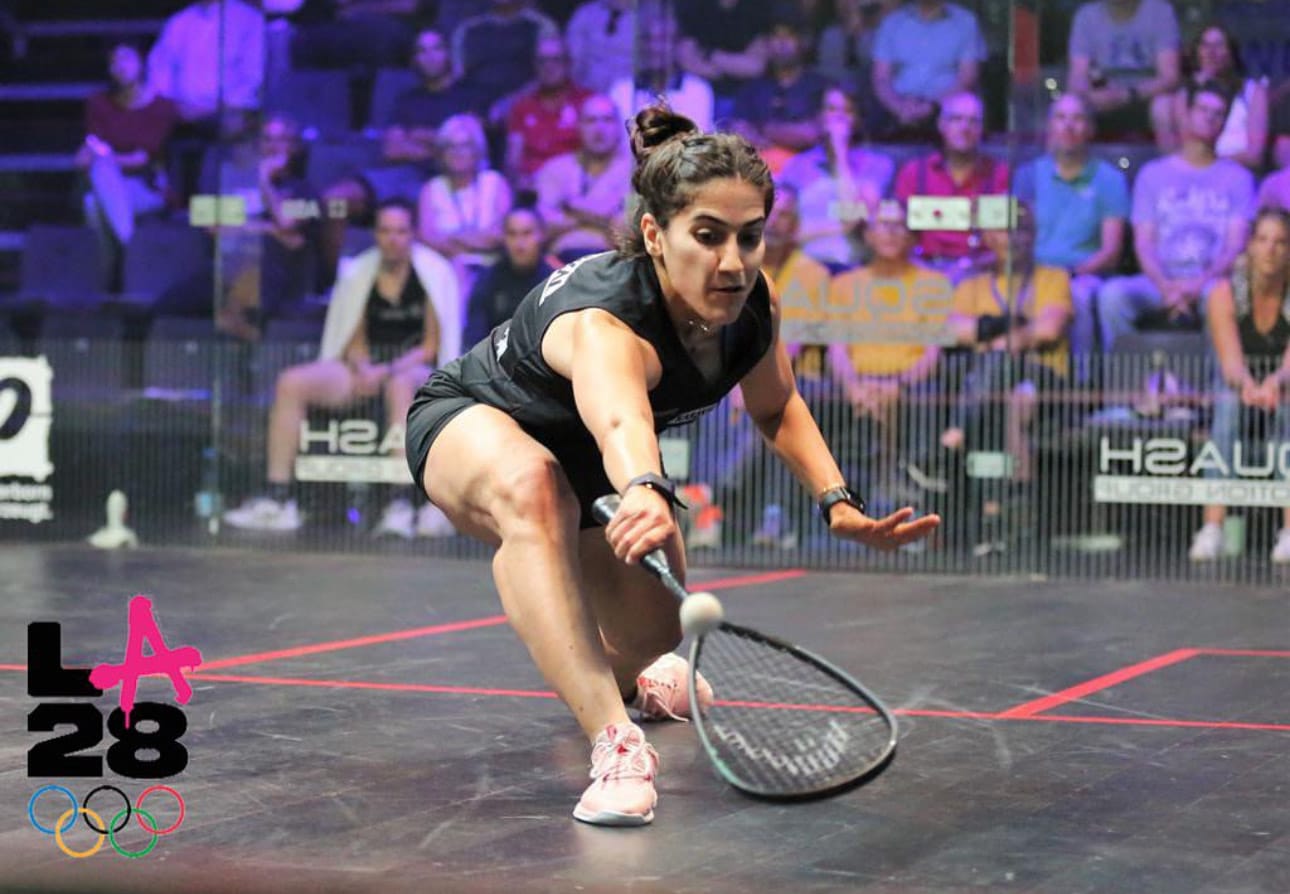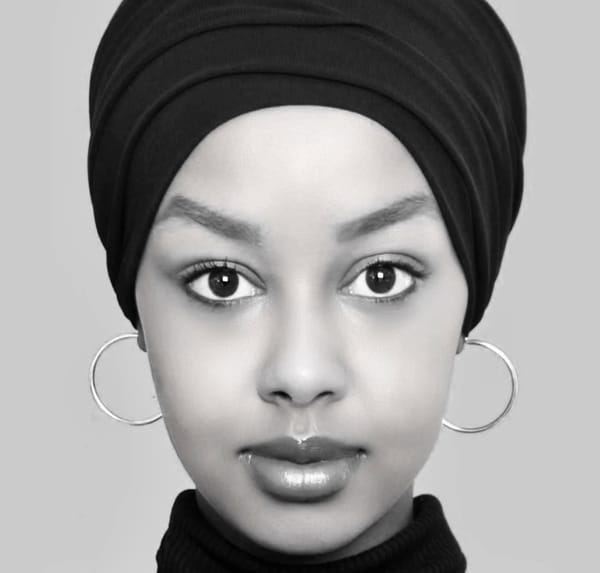With the commencement of the Olympics and its aftermath, in collaboration with Days for Girls, we have launched an editorial series aimed at exploring the often undiscussed topic of menstruation's impact on female athletes through the stories of three female athletes. The athletes will delve into the unique challenges faced during their periods, from potential staining of uniforms to managing pain and effectively communicating menstrual needs to coaches. By shedding light on these experiences, the series hopes to raise awareness about the realities of menstruation in the world of sports.
This is Taba Taghavi's story:
My name is Taba Taghavi, I am 32 years old and a former professional squash player with 15 years of experience. My highest world ranking was 106. I started to play squash when I was 14 years old and soon after I started competing professionally. At the moment, I coach at my club and also work as the sports manager of the club.
Dealing with cramps, stomach pains and mood changes were two of the significant challenges I faced as a former professional athlete - a challenge that male athletes don't have.
In competition, it's much more challenging to manage your cycle. During training, you can reduce the intensity or even shorten the session time, but in competition, you don't have those options and have to deal with them.

I used to live in Iran, where I had only female coaches. However, when I moved to France, I started working with male coaches and found it very difficult to discuss menstruation openly with them. This discomfort had nothing to do with the coaches but because I wasn't comfortable talking about difficulties before or during my period.
In many competitions, I struggled to perform as well as I did during training. I also remember how stress made it even harder to manage the pain. The worst part was knowing you wanted to perform but couldn’t, especially when losing a match you could have won.
Dealing with cramps, stomach pains and mood changes were two of the significant challenges I faced as a former professional athlete - a challenge that male athletes don't have.
Through years of experience, I discovered that I could reduce or even eliminate menstrual pain by adjusting my diet, though I believe this is highly individual. For example, I avoid red meat in the week leading up to and during my cycle, and I steer clear of alcohol, especially red wine. While I don’t drink much, I remember that even a single glass of wine during the off-season would make me sick and aggravate my stomach pain.
Additionally, taking specific medications during my cycle helped me significantly, allowing me to train and compete without pain.










Member discussion